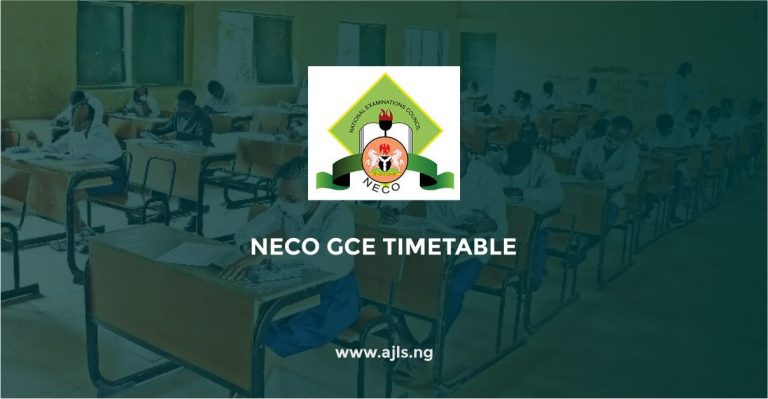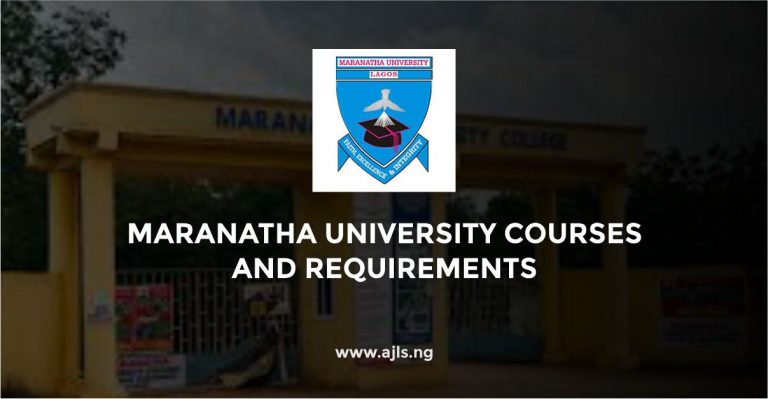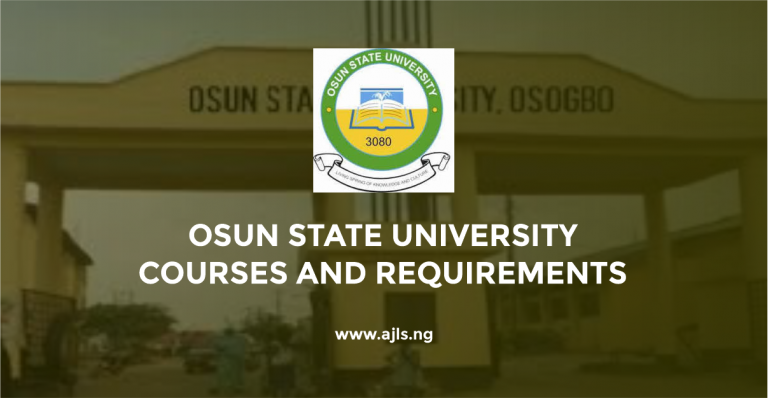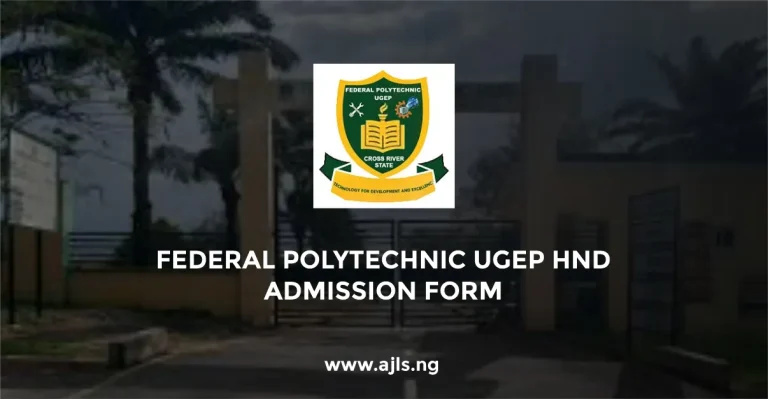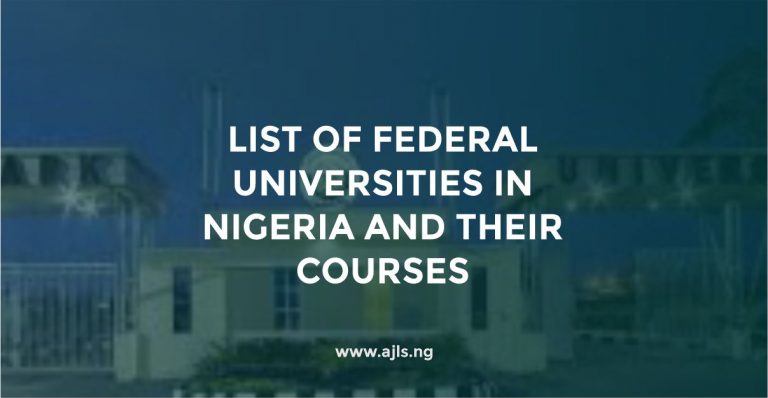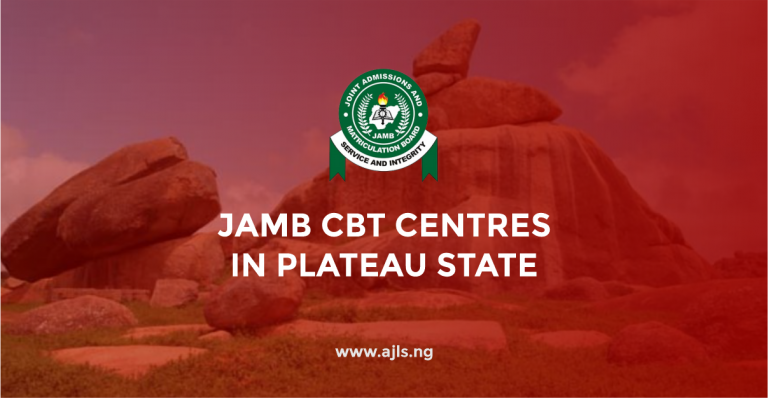NABTEB Syllabus for Literature-in-English 2025
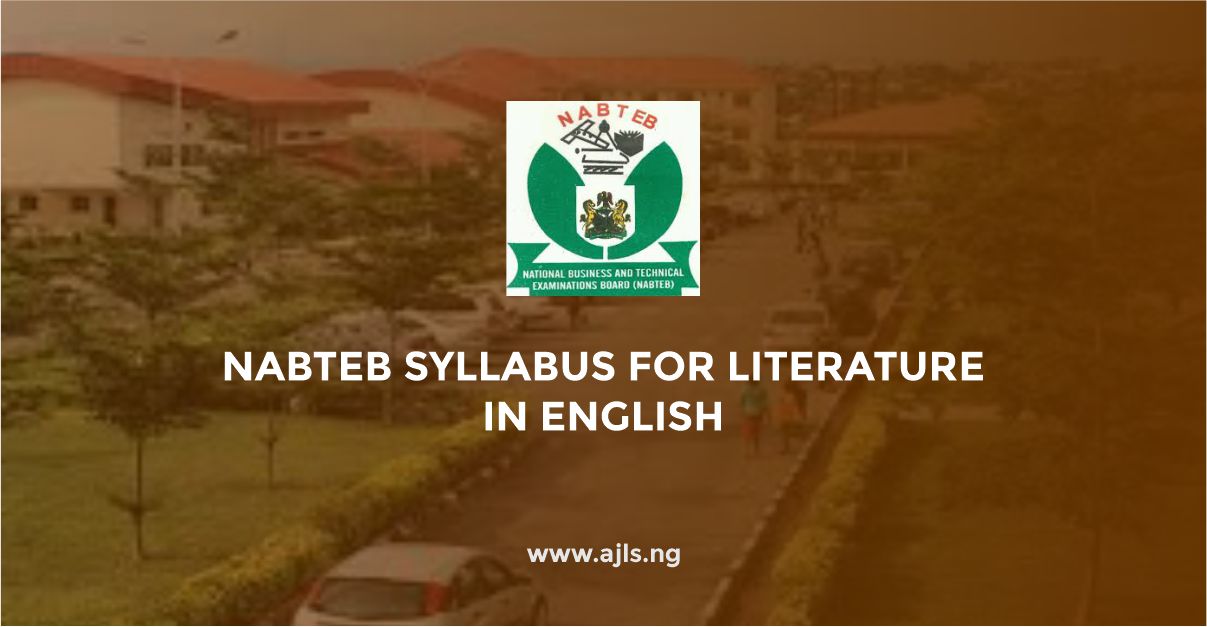
Literature is one of the core subjects in the upcoming NABTEB examinations, especially for arts students. If you have registered for Literature-in-English and are already preparing for the exam, it is important to streamline your studies to focus on the right topics. NABTEB has released the official syllabus, which outlines all the key topics and texts that will feature in the examination. This syllabus is a valuable tool guiding your study efforts and ensuring you are well-prepared for what to expect.
In this post, you will find the official NABTEB Syllabus for Literature-in-English, along with a comprehensive list of recommended literary texts and reference books to aid your preparation. Make sure to check it out and use it to direct your focus to the right areas for optimal results in your upcoming exams.
NABTEB Literature-in-English Examination Structure
Here is how the examination is structured.
PAPER I
50 objective questions based on:-
- General literary principles
- Literary appreciation and techniques
- Contextual questions on Africa and Non-African drama set books
- Unseen prose and poetry passages
PAPER 2: DRAMA AND POETRY
SECTION A: AFRICAN DRAMA
- One text to be studied
SECTION B: NON-AFRICAN DRAMA
- One text to be studied
SECTION C: AFRICAN POETRY
- Various traditional and modern African poetry to be studied
SECTION D: NON-AFRICAN POETRY
- Various classical and modern non-African poetry to be studied
PAPER 3: PROSE
SECTION A: AFRICAN PROSE
- One text to be studied
SECTION B: NON-AFRICAN PROSE
- One text to be studied
You will find a list of literary texts to be studied below in this post.
NABTEB Syllabus for Literature-in-English
Here is the syllabus for the English Literature paper.
| Topic/Objective | Contents |
|---|---|
| 1. Comprehension | I. Identify new words and expressions from any given text. ii. Read and answer questions on a given literary material. 1.1 Suitable passages from selected literary texts to be read at a given speed of 100 words per minute. 1.2 Selected suitable literary materials of an appropriate level with new words. 1.3 Carefully design questions relating to the selected text. |
| 2. Literary Appreciation | i. Appreciate figurative expressions, imagery, and style in literary texts. ii. Identify qualities of a good text. 2.1 Qualities of a good text: (a) Language (b) Theme (c) Plot (d) Characterization (e) Setting 2.2 Selected unseen passages of appropriate level of complexity in which many figurative expressions are appreciated. 2.3 Questions designed to lead students to discover characters and incidents in literary text. 2.4 Qualities of suitable material: (i) language (ii) print (iii) illustration (iv) styles |
| 3. Literature | i. To identify different types of literary genres. ii. To identify elements of prose literature. iii. To identify elements of drama. IV. Identify figures of speech and literary styles in any given literary piece. 3.1 Literary Genres: (a) prose (b) poetry (c) drama 3.2 (i) Incident (ii) Characters (iii) Plots (iv) Theme 3.3 Style: e.g., flashback, play-within-play, plot, setting, mode of narration, said, etc. 3.4 Figures of speech: (i) simile (ii) metaphor (iii) climax (iv) personification, etc. |
| 4. Appreciation | Write your simple literary pieces. 4.1 Beauty of a text: such as atmosphere, i.e., the feeling, figurative expressions, etc. 4.2 Short explanation of the text. Complex interpretation and relation with real-life situations. |
Check below to see the literature and recommended texts for this paper.
NABTEB English Language Literature Texts
| Category | Title | Author |
|---|---|---|
| African Drama | The Trials of Brother Jero | Wole Soyinka |
| Sizwe Bansi is Dead | Athol Fugard | |
| Non-African Drama | The Merchant of Venice | William Shakespeare |
| The Taming of the Shrew | George Bernard Shaw | |
| African Poetry | My Song Bursts | Traditional |
| Salute to the Elephant | Traditional | |
| Nightfall in Soweto | Oswald Mtshali | |
| Building the Nation | Henry Barlow | |
| An African Thunderstorm | David Rubadiri | |
| Ours to Plough, not to Plunder | Niyi Osundare | |
| Non-African Poetry | Ode to a Nightingale | John Keats |
| A Red, Red Rose | Robert Burns | |
| Death Be Not Proud | John Donne | |
| Journey of the Magi | T.S. Eliot | |
| A Poison Tree | William Blake | |
| Ulysses | Alfred Tennyson | |
| African Prose | Slave Wife | Buchi Emecheta |
| Weep Not, Child | Ngũgĩ wa Thiong’o | |
| Non-African Prose | A Christmas Carol | Charles Dickens |
| King Solomon’s Mines | Sir Rider Haggard |
Recommended Reference Books and Anthologies (APA Style)
- Ford, B. (Ed.). (n.d.). The Pelican guide to English literature (Vols. 1–7). Pelican Books.
- Hayward, J. (Ed.). (n.d.). The Penguin book of English verse. Penguin.
- Obiechina, E. N. (n.d.). Culture, tradition, and society in the West African novel. Cambridge University Press.
- Omonode, B. (n.d.). Introduction to literature. University of Benin Press.
- Osundare, N. (1986). The eye of the Earth. Ibadan: Heinemann Educational Books Nigeria Limited.
- Palmer, E. (n.d.). An introduction to the African novel. Heinemann Educational Books.
- Sehanu, K. E., & Vincent, T. (Eds.). (n.d.). A selection of African poetry (Annotated). Longman.
If you have questions, please ask them in the comments, and we will respond shortly.
